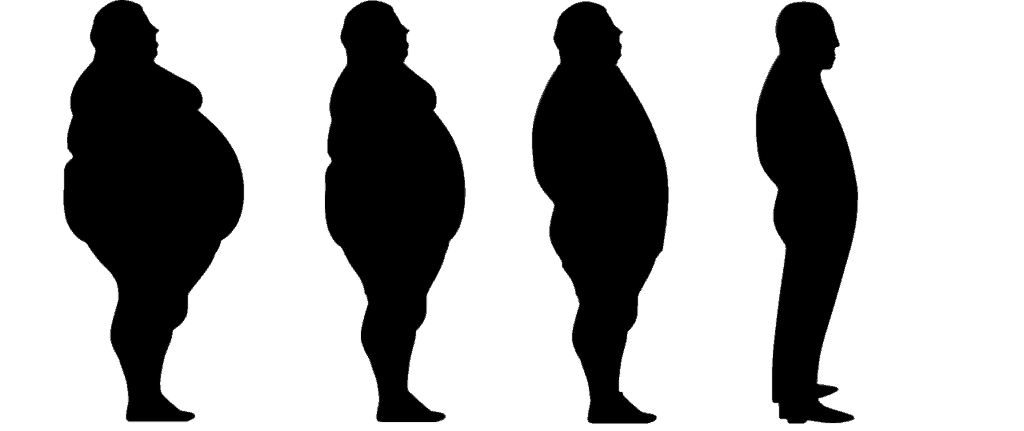
The Journal of the American Medical Association, JAMA, current issue is entirely devoted to the medical problem of obesity. I was particularly interested by two published randomized studies comparing gastric sleeve to gastric bypass surgery with a 5-year follow-up. The Swiss Multicenter Bypass or Sleeve Study, SM-BOSS, and the Finnish Sleeve vs Bypass, SLEEEPASS, study showed similar weight loss and type 2 diabetes remission rate at 5 years. Reoperation rate was similar to both gastric sleeve and bypass patients in both studies. Repeat surgery was mainly for GERD in gastric sleeve patients and internal hernia for gastric bypass patients.
These two trials are landmark studies for gastric sleeve surgery establishing sleeve gastrectomy as a reliable, durable and safe weight loss procedure equivalent to gastric bypass surgery. Gastric sleeve surgery does not require intestinal mobilization and resection. Consequently, gastric sleeve, unlike gastric bypass, is not associated with long-term side effects like marginal ulcers and internal hernias. From a patient and surgeon perspective, the absence of long-term side effects is quite appealing. GERD, however, remains a concern with gastric sleeve surgery and both trials, currently published in JAMA, reported higher GERD incidence with sleeve gastrectomy compared to gastric bypass surgery. Our approach, however, at Houston Weight Loss Surgery Center and Houston Heartburn and Reflux Center, has effectively resolved this issue. Indeed, we offer sleeve surgery for overweight GERD patients as an alternative to the traditional Nissen fundoplication.
Gastric sleeve surgery, unlike Lap Band, has established itself as an effective and safe metabolic procedure for weight loss. Gastric sleeve, when properly performed, is associated with very low short-term and long-term complication rate. The only potential contender for gastric sleeve surgery is gastric fundus invagination. Gastric fundus invagination mimics the effects of gastric sleeve surgery without the need to resect gastric tissue and leaving a long staple line. Gastric fundus invagination modulates gastric function and interaction with food, leading to increased gastric emptying, while preserving most of the stomach. Gastric fundus invagination is a reversible, reproducible and simple procedure to perform.

